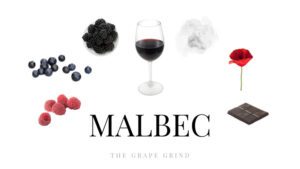
Malbec
Make 2026 THE year.
Take 10% OFF your first 12 months of Tasting Group!
Code:
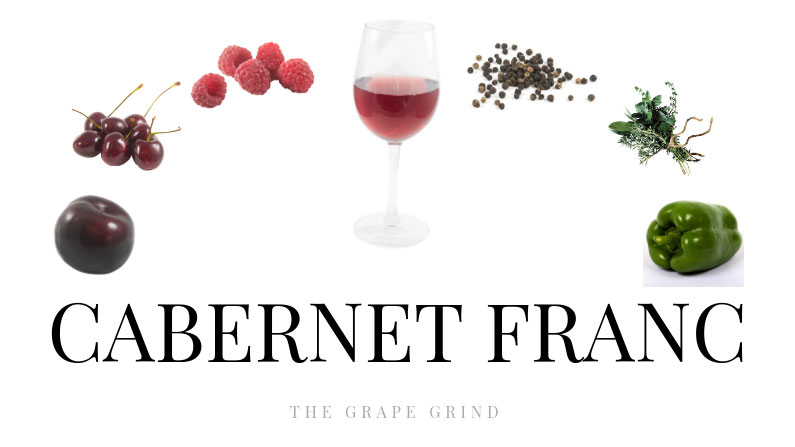
Cabernet Franc is a red wine variety with a lot of power as well as elegance! The grape originated in Southwest France, with clippings eventually brought to The Loire Valley, where you will find some of the best!
A few more notes on Cabernet Franc:
The following guide will illustrate what Cabernet Franc tastes like (aroma, flavor, and structure). It will also tell you where it’s from, provide you with common food recommendations, similar varieties, and let you know why you should be drinking more of it!
Cabernet Franc has a good amount of red fruit, but is also known for its “green” and earthy flavors! It has a deliciously rustic vibe to it!
Cabernet Franc can give you spice, herbs, green peppers, and even olives. It has a good balance of fruit and earth, but can fall into the savory category depending on where it is grown!
Cabernet Franc has very
vibrant aromas. These include floral and vegetal notes.
STANDARD TASTING NOTES: These are your benchmark exam-style tasting notes.
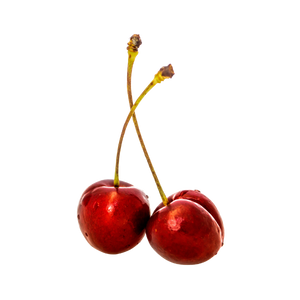
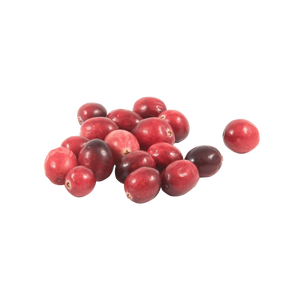
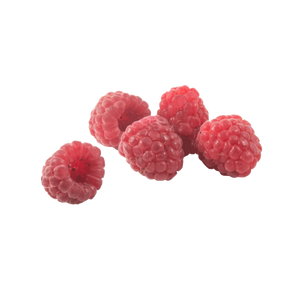
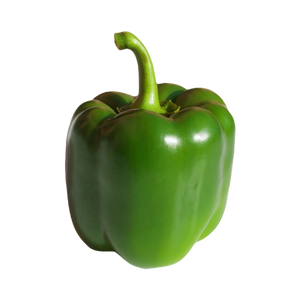
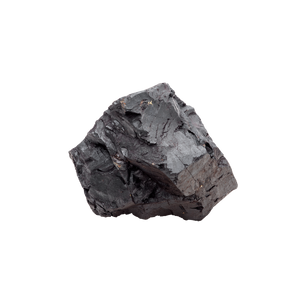
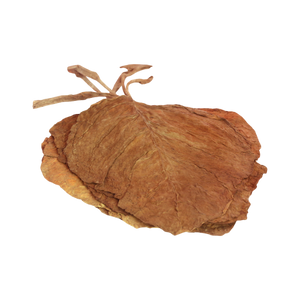
ALTERNATIVE TASTING NOTES: Notes based on personal experience; fun, memorable, and less “by the book.”
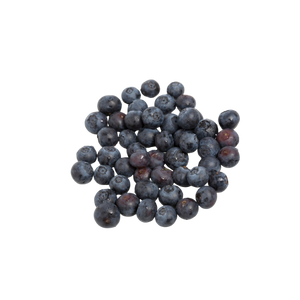
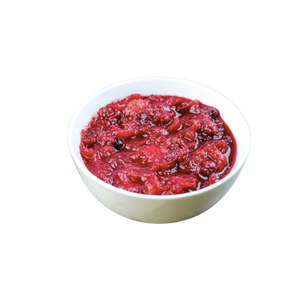
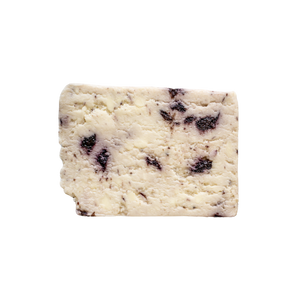
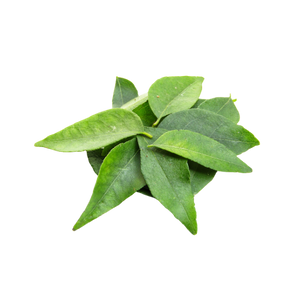
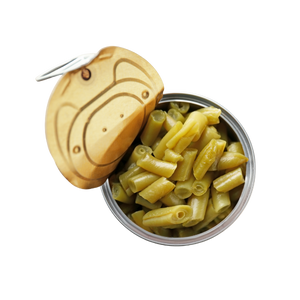
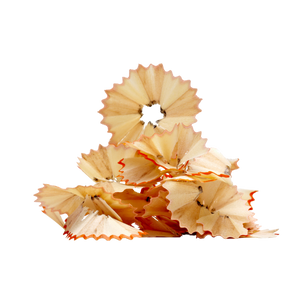
Remember, wine tastes are somewhat relative. There may be some different tasting notes you consistently find while drinking Cabernet Franc.
There is no “one size fits all” when it comes to structure for every grape, however, there IS a general range when it comes to body, acid, alcohol, and tannin for each. Below are general guidelines for classic representations. Growing conditions and winemaking techniques can impact each of the following.
Think of that weight as a liquid scale, from water (light body) to heavy cream (full body) in your mouth. Cabernet Franc can range from light to full depending on its classification, but is generally medium bodied.

You can judge acidity based on whether your mouth waters after you take a sip of something. The more you salivate, the higher the acid. Cabernet Franc has a good amount of acid, but it’s not overpowering!

You can feel alcohol ‘burn’ the back of your throat when you take a sip. Cabernet Franc has quite a range for alcohol depending on where/how it’s made. It can be high but generally falls in the medium category.

Tannin contributes to the dryness of a wine. It comes from the skin of the grapes during the winemaking process. You can tell a wine has high tannin if it dries out your tongue. It imparts almost a bitter flavor. Cabernet Franc usually has smooth tannins but they can range from medium to medium plus!

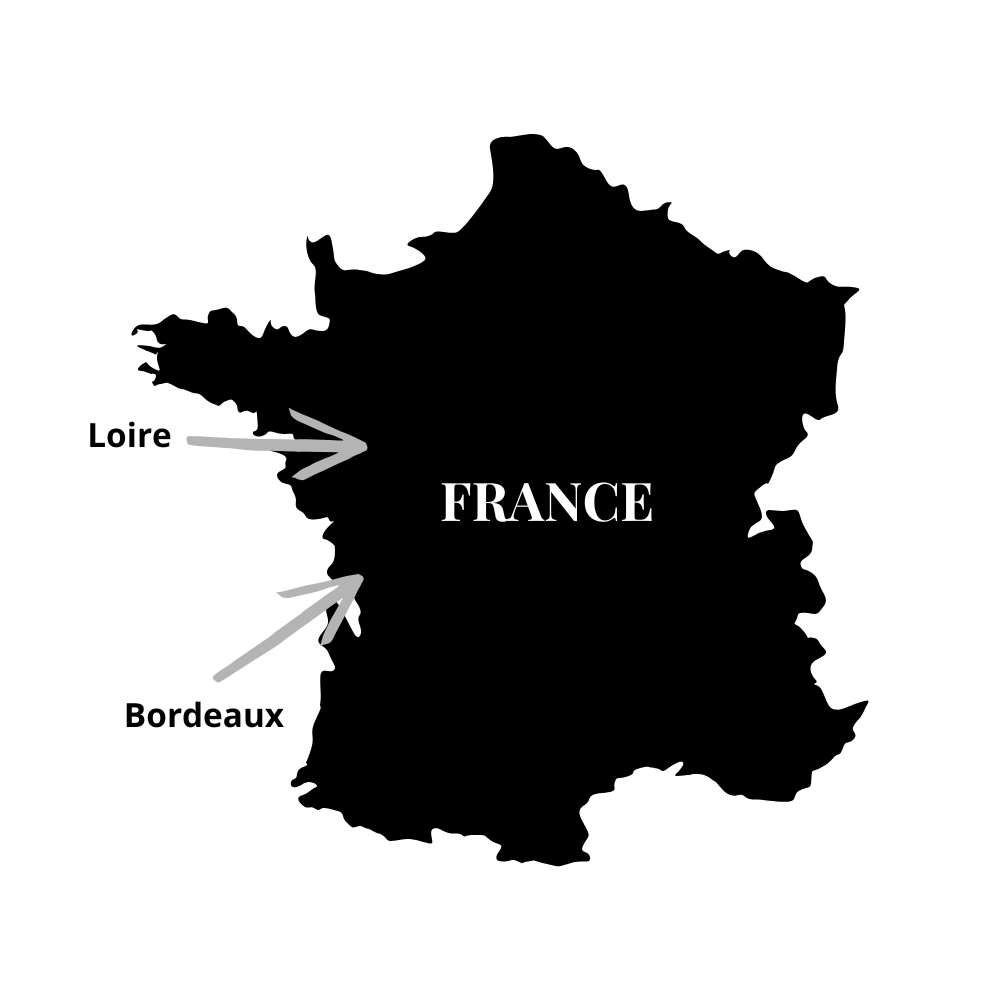
Primarily in: Bordeaux (right bank) and The Loire Valley
Cabernet Franc originated in France. You will find it mostly in Bordeaux and The Loire Valley.
THE LOIRE VALLEY: Cabernet Franc is the most popular red varietal in the Loire Valley. The best examples are in Touraine, in the subregions of Chinon and Bourgueil. Chinon will be light and elegant, with flavors of raspberry and bell pepper, and good acidity. Bourgueil wines (this is where Cabernet Franc was first planted) are a little more dark, heavy, and powerful for this varietal. Both are juicy and great food pairing wines!
BORDEAUX: Cabernet Franc is a very important blending grape in Bordeaux blends. It is blended with Merlot in the right bank. These wines will be plump and fruity, but also have a rustic and elegant complexity to them from Cabernet Franc.
You can also find wonderful Cabernet Franc from The USA (California, Washington, Finger Lakes), Argentina, Italy, Spain, Canada, and Hungary.
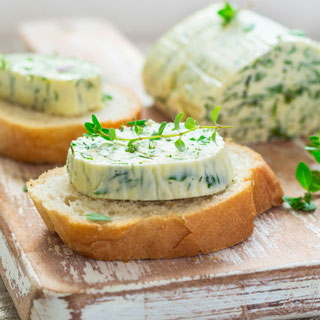
Good acidity, medium body, and savory flavors lead to a perfect pairing with this creamy cheese. This is actually a classic pairing in the Loire region!
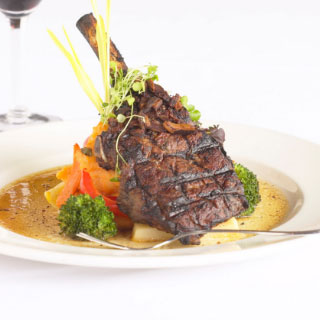
Lamb and Cabernet Franc is always a good idea. Gamey meats and earthy wines complement each other well. Adding herbs and spices to the meat can make the pairing even better!
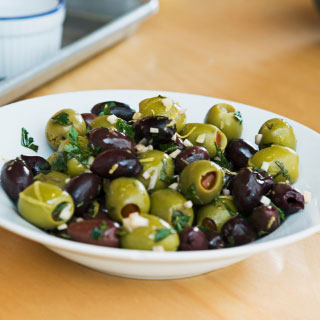
Cabernet Franc is a savory wine (especially French styles). Olives can be tough to pair, but Cabernet Franc has just enough acidity and fruitiness to tame the saltiness of the olives!
Other Pairings: Peppers, Mushrooms, Meatballs, Burgers, Beef Stew, Feta, Herbs, Lentils, Quiche
(common confusions)
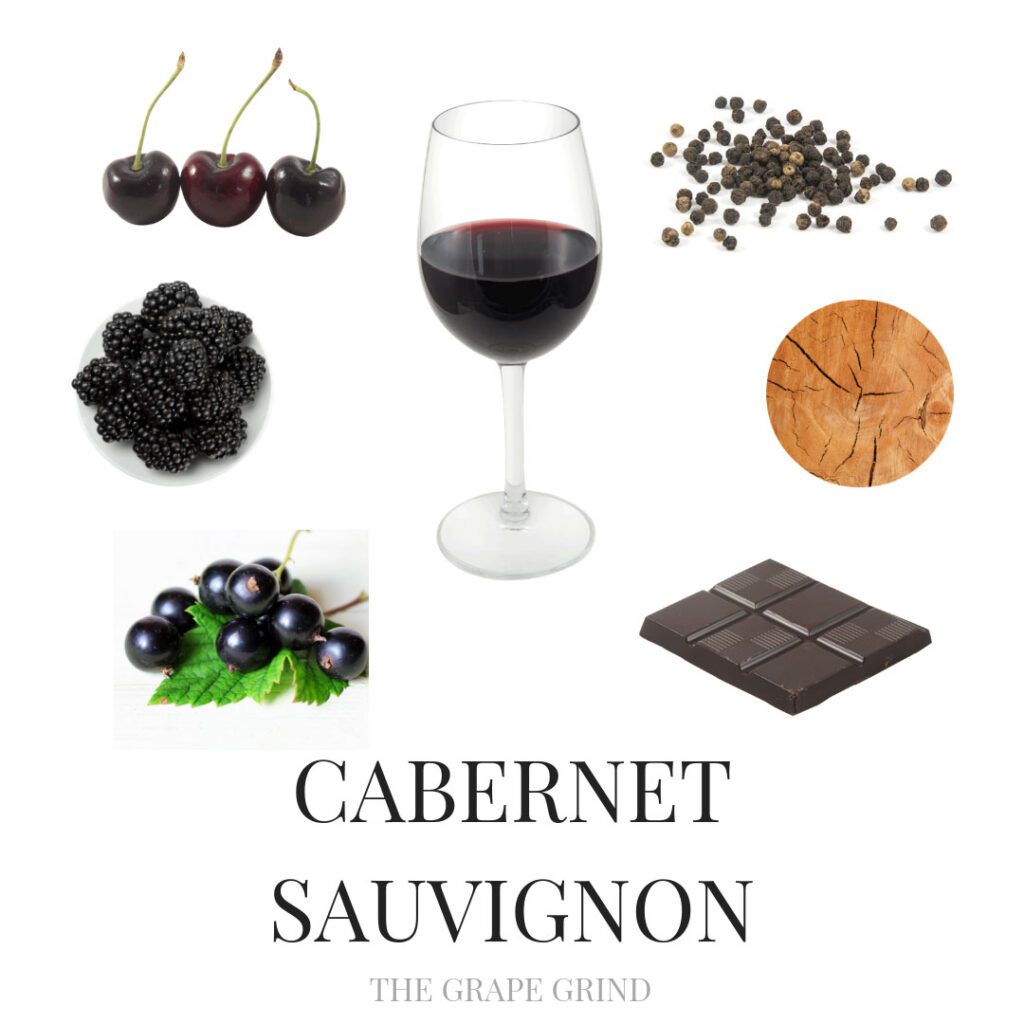
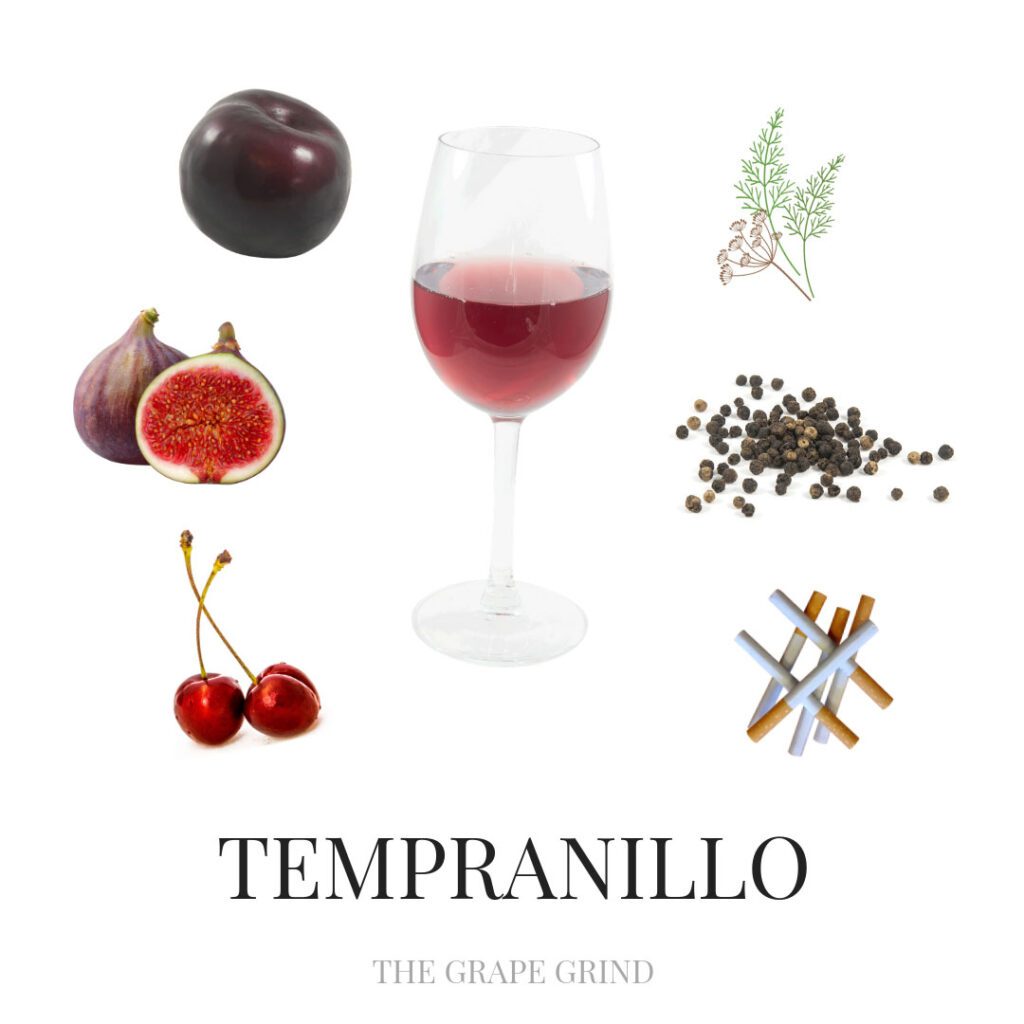
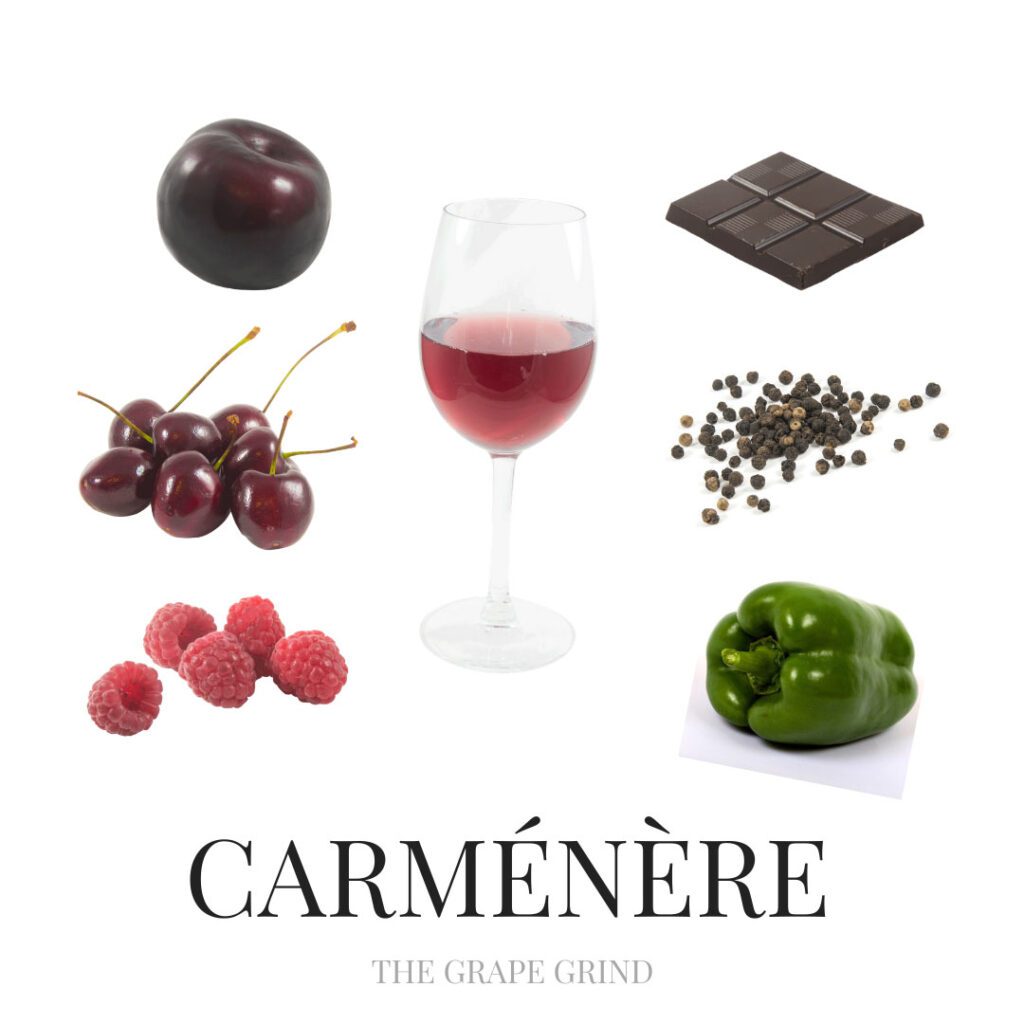
↑ Wine.com is an affiliate partner. We earn a small referral commission at no extra cost to you!. I will never recommend anything that isn’t valuable or useful in my wine study journey, or something I have no experience with. I hope these products/resources are equally helpful in your wine journey.
No matter your current skill level, we can help you improve – pass that exam, share your wine knowledge with others, guide your buyers, enhance your guests’ experience, and show up with confidence and credibility as a wine professional!
Feeling overwhelmed by everything there is to study in wine?
Struggling to stay consistent with tasting, or make it feel purposeful?
Craving connection with others who get what you’re working toward?
Let’s make studying wine less overwhelming, more consistent, and fully enjoyable!
Enter your email below to join our wine newsletter, where we share expert tips, study tools, tasting insights, and updates to support you on your wine journey!
By submitting, you are consenting to receive marketing emails from The Grape Grind. You can unsubscribe at any time.
Want to get better at tasting wine?